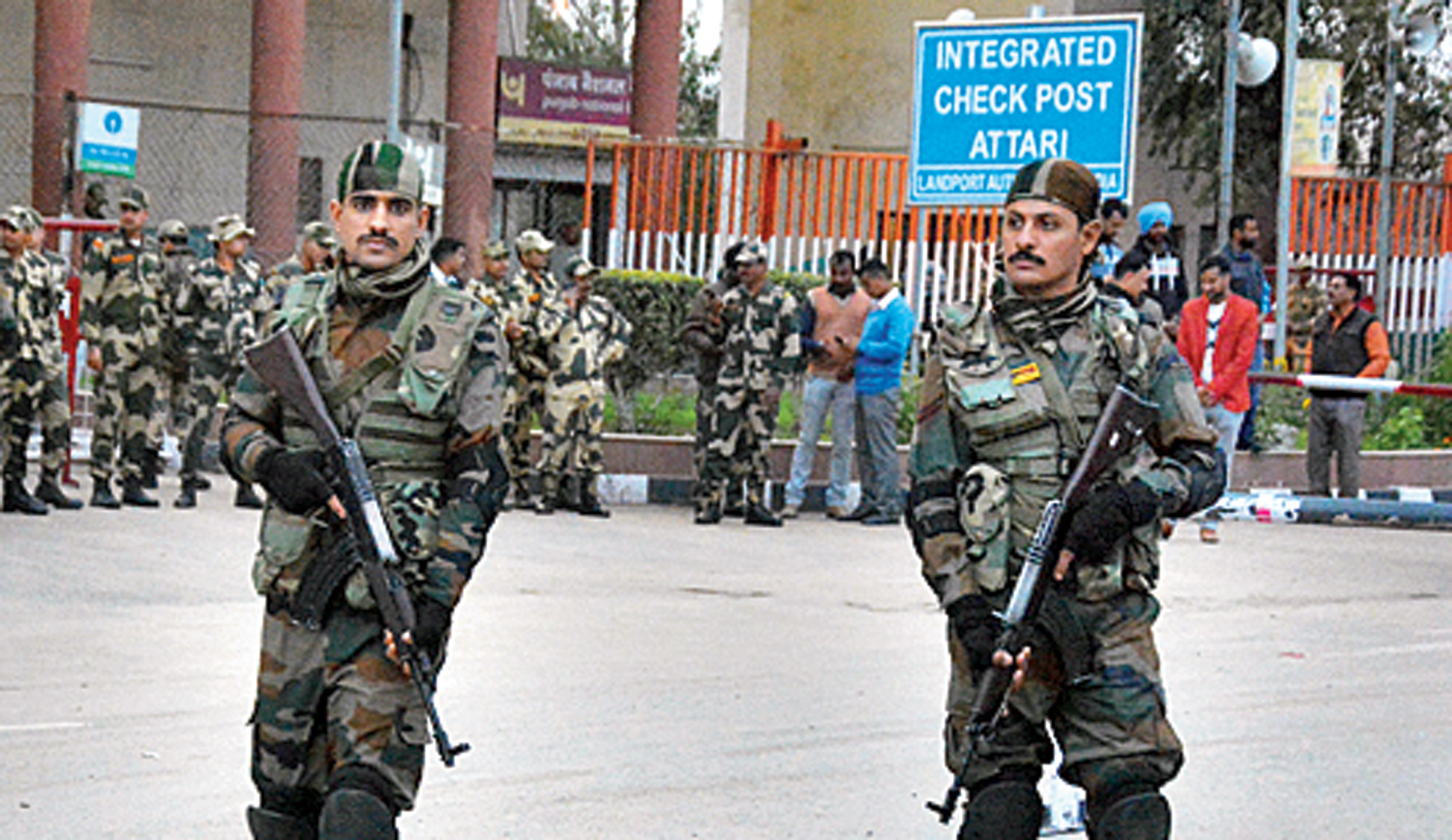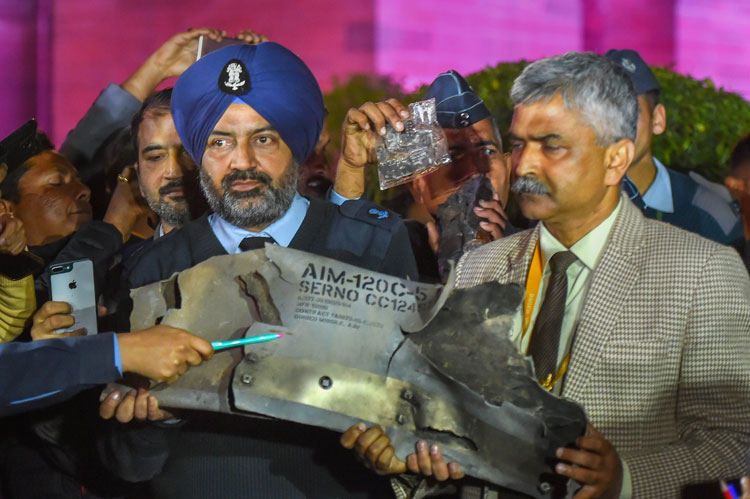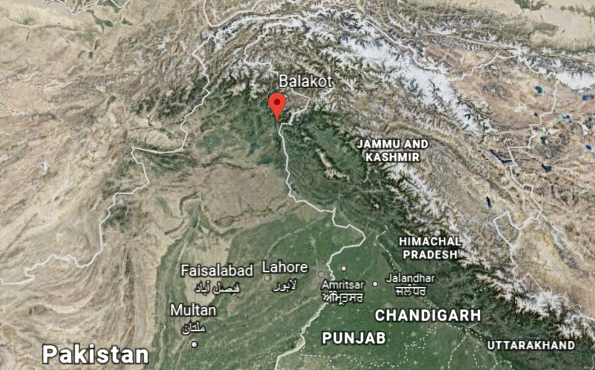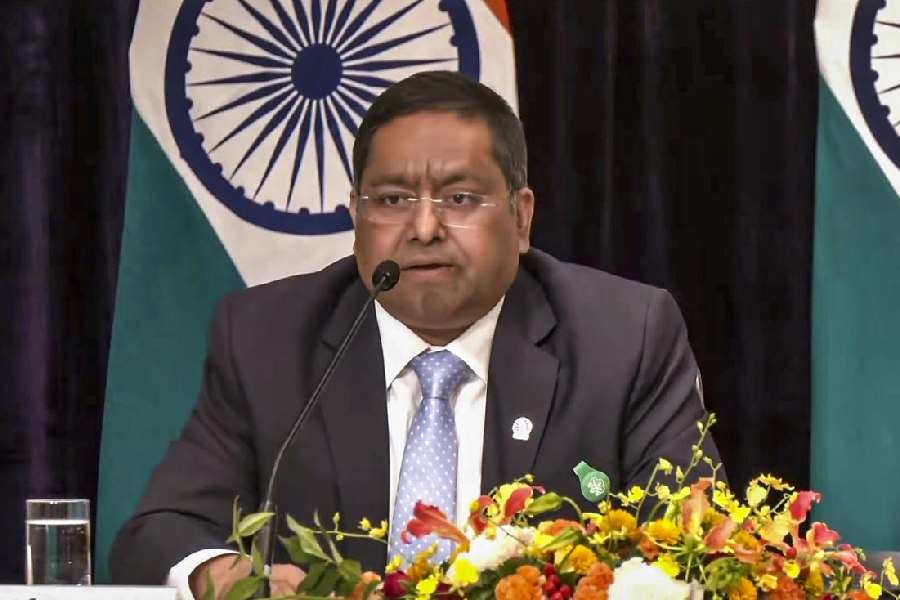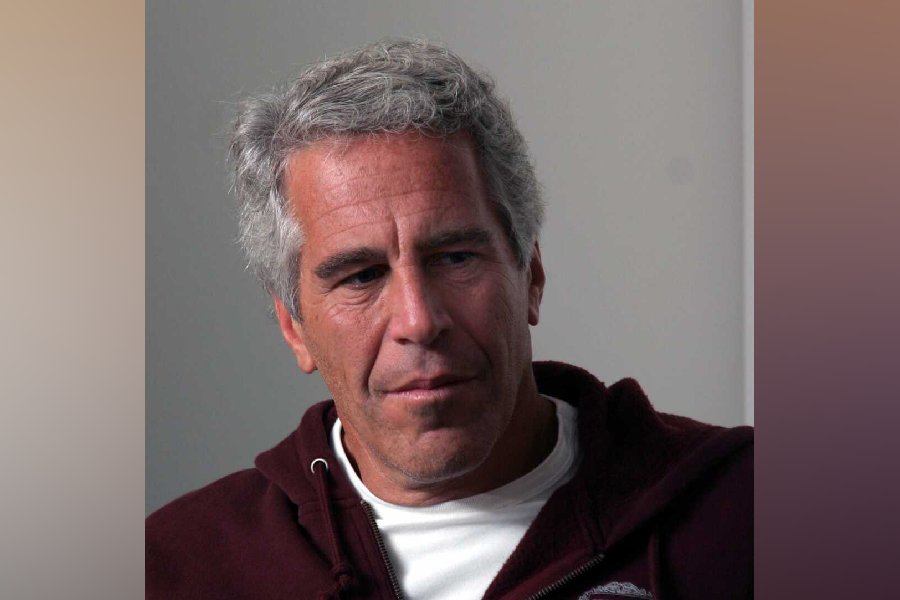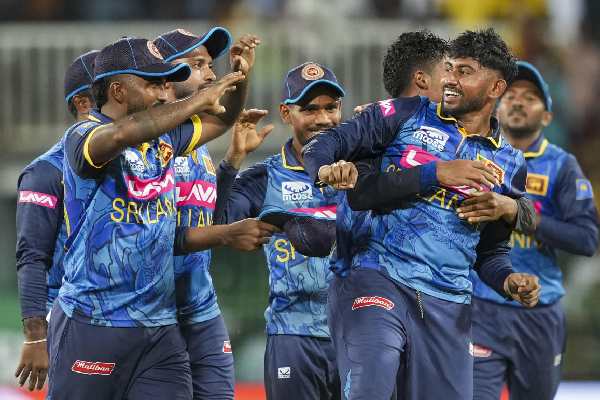The one thing that Pakistan’s prime minister, Imran Khan, got partly right in his post-Balakot broadcast was his assertion that war has a logic of its own and, once started, is difficult to regulate. Of course, his belief stemmed from the historical experience of the Great War of 1914-18, a war that conventional wisdom deemed would be over by Christmas 1914 but which dragged on for another four years, with terrible consequences for both the winners and the vanquished. The world, however, has changed immeasurably after the two World Wars and big wars, especially one involving two nuclear weapons states, are unlikely to leave the rest of the world unmoved.
The risks of escalation notwithstanding, it would be fair to say that neither India nor Pakistan really wants a full-fledged armed conflict. There may be hotheads on both sides that clamour for a final solution to the traditional enmity, but this is plain posturing. At the same time, there is something naive about those — again on both sides of the Radcliffe Line — that believe sincere bilateral talks with a one-point agenda of peace will resolve the issues that have created the present set of problems between the two countries.
The underlying assumption is that if both India and Pakistan transcend their nationalisms, sanity will prevail. In Pakistan, this takes the form of a truly minuscule set of well-heeled people hoping that their country is rid of jihadis and other religious bigots, and the taint of being a Pakistani (particularly in the West) is removed. And in India, with a general election round the corner, it has manifested itself in outright opposition to the re-election of a government headed by the prime minister, Narendra Modi. Although the opposition to Modi has veered between claiming that the air strikes by the Indian air force achieved precious little to declaiming that the Bharatiya Janata Party is feasting on the blood of Indian soldiers and taking the country towards war, the general understanding of the dissatisfied brigade is that Modi must go for peace, goodwill and cricketing ties between India and Pakistan to resume.
Conflicts involving India and another country have invariably also provoked contrarian noises. The 1962 India-China war generated a huge explosion of patriotic sentiment that saw women donating their jewellery to the National Defence Fund and even Chinese restaurants being closed down. However, it also led to a large body of Indian communists repudiating the stand of the Jawaharlal Nehru government on the conviction that a socialist country such as China was incapable of committing aggression. It is often forgotten today that a large number of communist leaders were put under preventive detention to prevent them for becoming potential fifth columnists. Again, in 1965 when India and Pakistan went to war, many Muslims were incarcerated on suspicion that they would assist the enemy. In 1971, the Communist Party of India (Marxist) decorated the walls of towns and cities in West Bengal — then a front-line state — with slogans claiming “Indira-Yahya ek hai”. There were preventive arrests of individuals suspected of wavering loyalties. This included the prominent Muslim leader and former mayor of Calcutta, Syed Badrudduja.
There were no preventive arrests during the Kargil conflict of 1999 when a caretaker government headed by Atal Bihari Vajpayee was at the helm. But although nearly 20 years have passed since that conflict, many will remember the very sharp attacks mounted by the Congress on the government for its alleged intelligence failures and its supposedly inept handling of the conflict. It was then suggested — as it is now — that the BJP-led government showed a callous disregard for the lives of Indian soldiers. At a time when the country was united in seeking, under difficult conditions, the expulsion of the Pakistan army and its irregular units from the heights they had craftily occupied, the main Opposition party struck a sharply discordant note.
In the aftermath of the Pulwama car bomb attack on February 14 that killed 40 paramilitary personnel, India has not formally gone to war against Pakistan but there have been military operations. First, there was a targeted air strike against a training camp of the Jaish-e-Mohammad located well inside Pakistan territory. The exact number of JeM casualties may be a matter of speculation and dispute but the destruction of the camp seems incontrovertible. Secondly, there was an aerial encounter after the Pakistan air force sought, unsuccessfully, to target the Nowshera munitions depot, some five kilometres on the Indian side of the Line of Control. In the aerial encounter, both sides lost an aircraft, although Pakistan seems loath to admit the loss of its F-16. Finally, there has been a massive operation mounted in the Kashmir Valley against jihadis and separatists. These have resulted in numerous armed encounters in which some Indian soldiers have lost their lives.
On the diplomatic front, there has been a sustained campaign to mobilize world opinion against Pakistan’s encouragement of terror inside India. This has produced two outcomes. First, there has been a United Nations Security Council resolution condemning terrorism and naming the JeM for its role in the Pulwama bombing. Secondly, despite the wariness over any conflict involving two nuclear weapons states, the right of India to take precipitate action against terrorism has been acknowledged. There has been no condemnation of India’s air strikes on the JeM camp in Balakot, despite the fact that it was located inside Pakistan territory. The sustained international pressure on Pakistan to rid itself of its jihadi baggage was responsible for the authorities in Islamabad releasing the IAF pilot Wing Commander Abhinandan — a move that Imran Khan tried to turn to his advantage. What is, however, noteworthy is that New Delhi steadfastly refused to negotiate with Islamabad on the question of the pilot’s release.
Overall, the post-Pulwama operations, read with the surgical strike after the Uri attack, have established new norms in India’s war against cross-border terrorism. India has made it sufficiently clear that there is now a low threshold of tolerance and that the huffing and puffing that followed the 2008 Mumbai attacks — directly organized by a section of the Pakistan establishment — is a thing of the past. The new counter-terrorism doctrine appears to be based on the principle of swift and targeted military retaliation against the non-state actors. It, however, stops short of triggering a military engagement with Pakistan. This is coupled with aggressive diplomacy aimed at reinforcing the international wariness of Pakistan for its patronage of terrorism. India’s presence at the Organisation of Islamic Cooperation meet, despite the strong objections and boycott by Pakistan, was a small step in this direction.
A new chapter in the war on terrorism has begun. No approach comes with a guarantee of success and Modi’s robust response to Pulwama is no exception. However, while its efficacy will need constant assessment and fine tuning, there is little doubt that it has enjoyed a first flush of success. It has, above all, restored some popular faith in the government’s ability and willingness to meet the challenge of terrorism with utmost firmness. In such a situation, the Opposition may have miscalculated in being seen to be petty, petulant and too narrowly focused on Modi. Faced with any form of armed challenge, Indians have tended to rally behind the government — both as good sense and as an expression of patriotism. The sheer audacity of the air strikes on Balakot has galvanized public opinion behind Modi. That the Opposition doesn’t want to be seen as cheerleaders is understandable. But the alternative does not lie in trying to create discord in the Home Front — an act of negativism that is gleefully sought to be exploited by the enemy.

